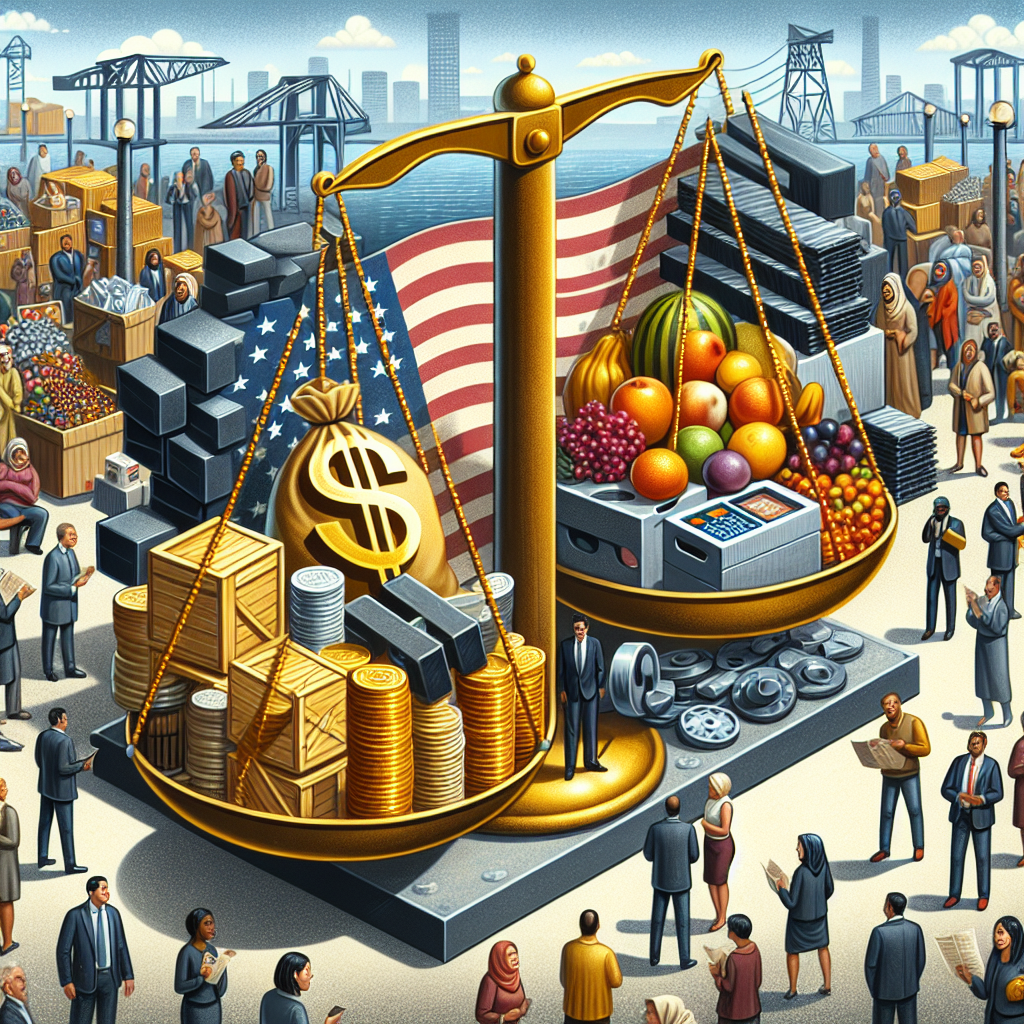Trade Wars and Tariffs: The Ripple Effect on Global Commerce
Amid rising U.S. tariffs, Chinese manufacturers face significant challenges as attempts to mitigate trade war impacts falter. The increased tariffs on Vietnam and other non-U.S. markets present obstacles to relocating production, prompting concerns over global economic growth, demand recession, and China's internal economic restructuring strategies.

In a bid to evade mounting U.S. tariffs, Chinese companies have previously turned to moving production overseas. However, recent tariff hikes by Washington mean their efforts may have been in vain, leading to further economic strain.
China's economy, heavily reliant on its substantial trade surplus, is facing a potential recession. Analysts warn the impact of the new tariffs could cut Chinese exports to the U.S. by nearly 30% and diminish overall economic growth.
As global trade dynamics shift, China is caught in a precarious position, needing to restructure its economic strategies while dealing with internal deflationary pressures. The nation considers various stimulus measures as a counteraction, yet solutions remain elusive amid expectations of more challenges ahead.
(With inputs from agencies.)
ALSO READ
Trading on Trust: Australia’s Sustainable Path in Beef and Wheat Export Markets
Doubts Over AUKUS Submarine Deal as Trump Tariffs Roil U.S.-Australia Defense Ties
India Navigates Trump Tariffs Towards New Trade Horizons
Far-Right Leaders in Europe Face Crisis as Trump Tariffs Threaten Economies
Trade Turmoil: Global Businesses Grapple with Trump Tariffs










